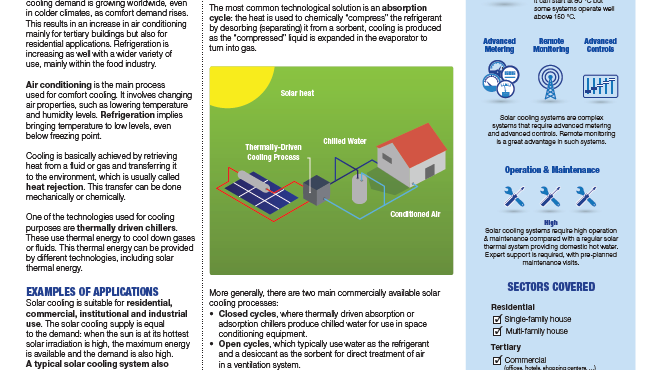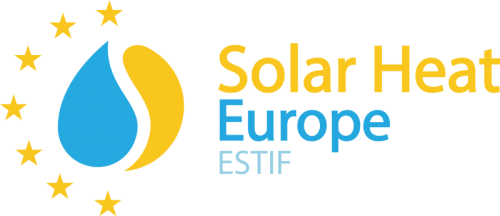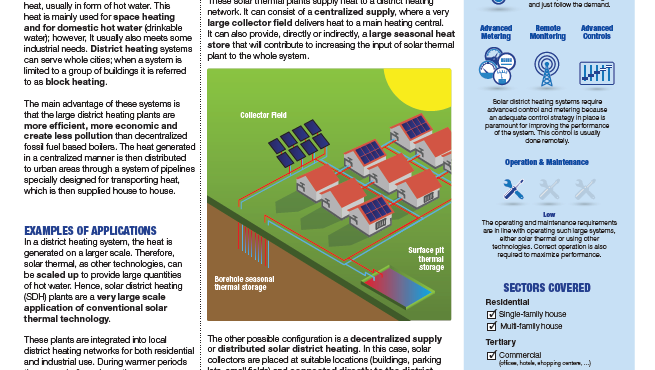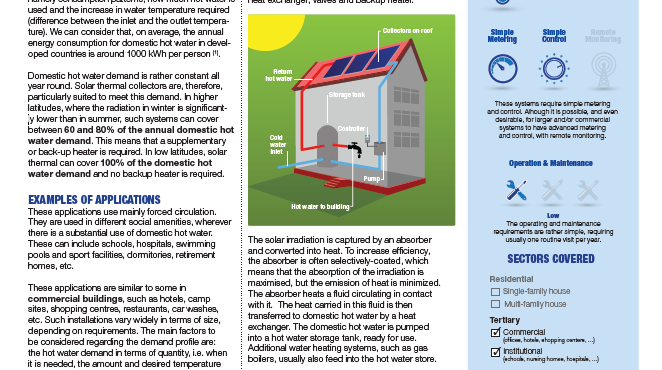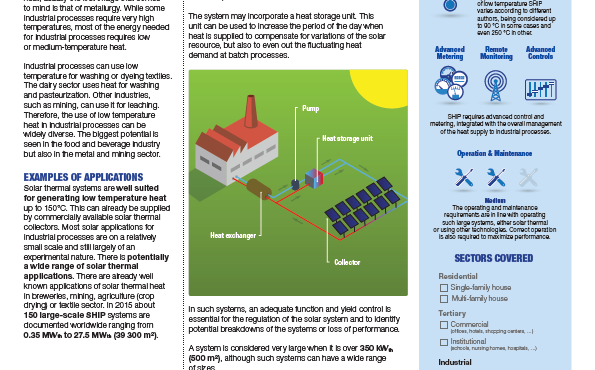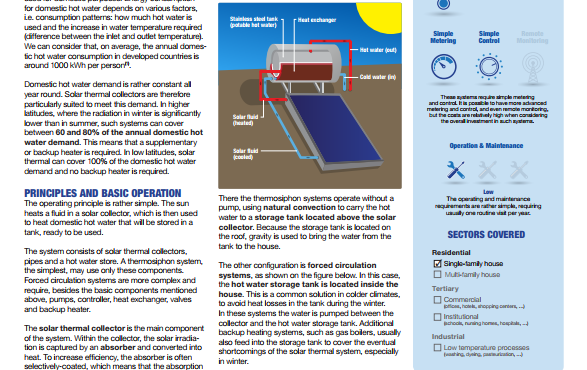The demand for cooling may be driven by different aspects, comfort and refrigeration being the most common uses. In fact, the cooling demand is growing worldwide, even in colder climates, as comfort demand rises. This results in an increase in air conditioning mainly for tertiary buildings but also for residential applications. Refrigeration is increasing as well with a wider variety of use, mainly within the food industry. Read More...
